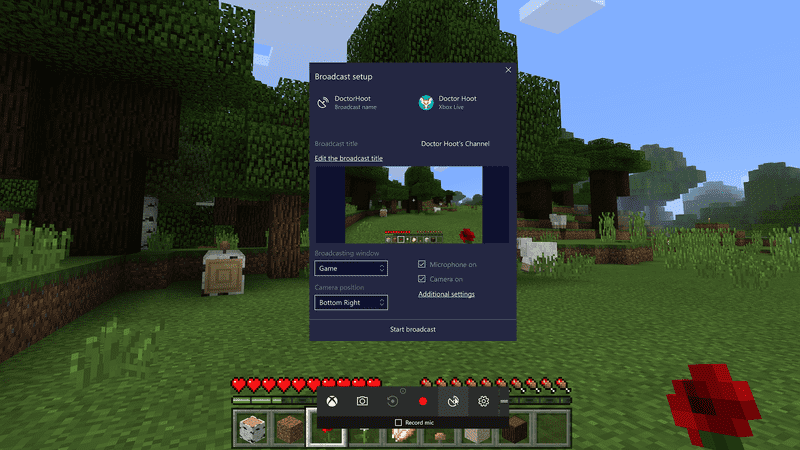
One of the unique things about Beam is its interactive nature. In addition to the ability to chat with game broadcasters, game broadcasters can set up interactive buttons that do a range of things such as trigger on-screen effects, music, in-studio lighting or even impact what is happening in the game itself. At GDC today, Microsoft Beam shared details about the upcoming Beam Interactive 2.0 SDK with developers. This updated Beam Interactivity SDK will allow developers create interactive streaming features without much effort and it will also support a wide range of new design scenarios. It is built from the ground up for making broadcasting more engaging and exciting for not only the player but also everyone watching. Read about the key features below.
- Per-User Control Events – See who pushed a button enabling more engaging more personal interactivity.
- Dynamic Controls – Create new buttons and interactive elements on the fly from your game without needing to visit the Interactive Studio.
- Malleable Controls – Change the text and spark cost of a control on the fly to spice up the gameplay during a session.
- Groups – Group your players into Teams or collections to provide unique controls to different sets of users.
- Brand New WebGL Based Controls
- Set text & spark cost on the fly at any time.
- Easier to position and size for a wide variety of layouts and devices.
- More on this in the future 😉
- Snazzy new control editor renamed to our Interactive Studio.
- A set of tools and processes to support you in authoring next generation interactive experience.
- Everything from initial creation to publishing is carefully crafted and delivered to support you in making the best possible Interactive experience.
- JSON Based Protocol – A human readable format that is easy to debug.
- New & Updated SDKs
- C++
- Unity / C#
- JavaScript
Beam has announced that they will continue to support Interactive 1.0 for some time and they are assisting developers in shifting to 2.0. The first release of Interactive 2.0 will arrive on Beam in March with additional features and improvements coming throughout 2017.






